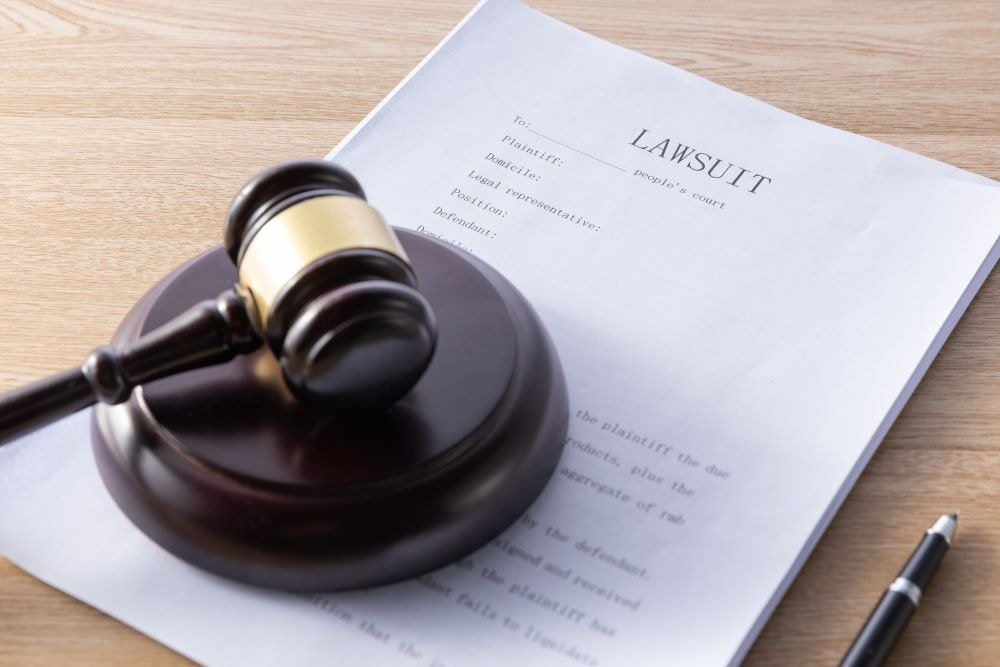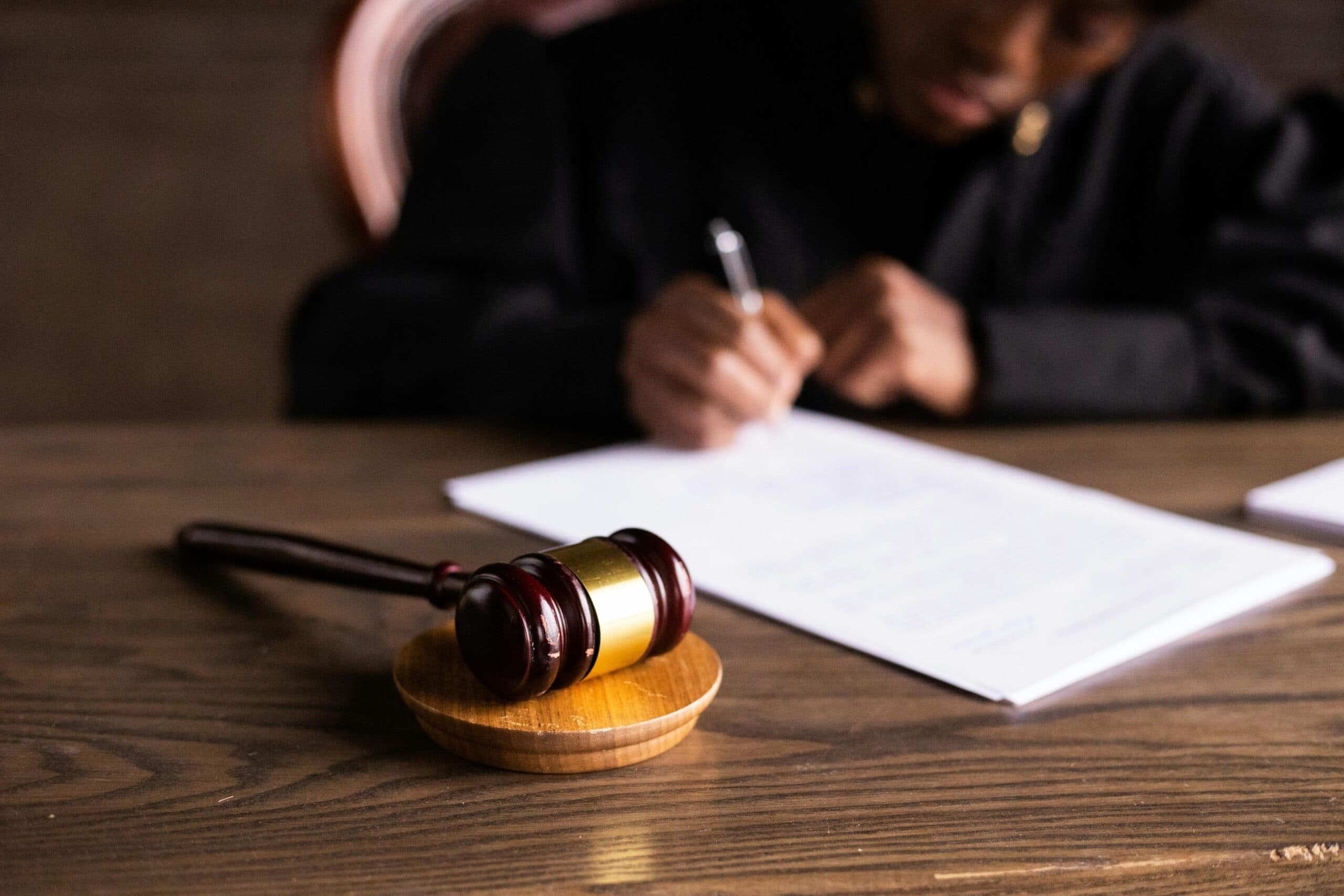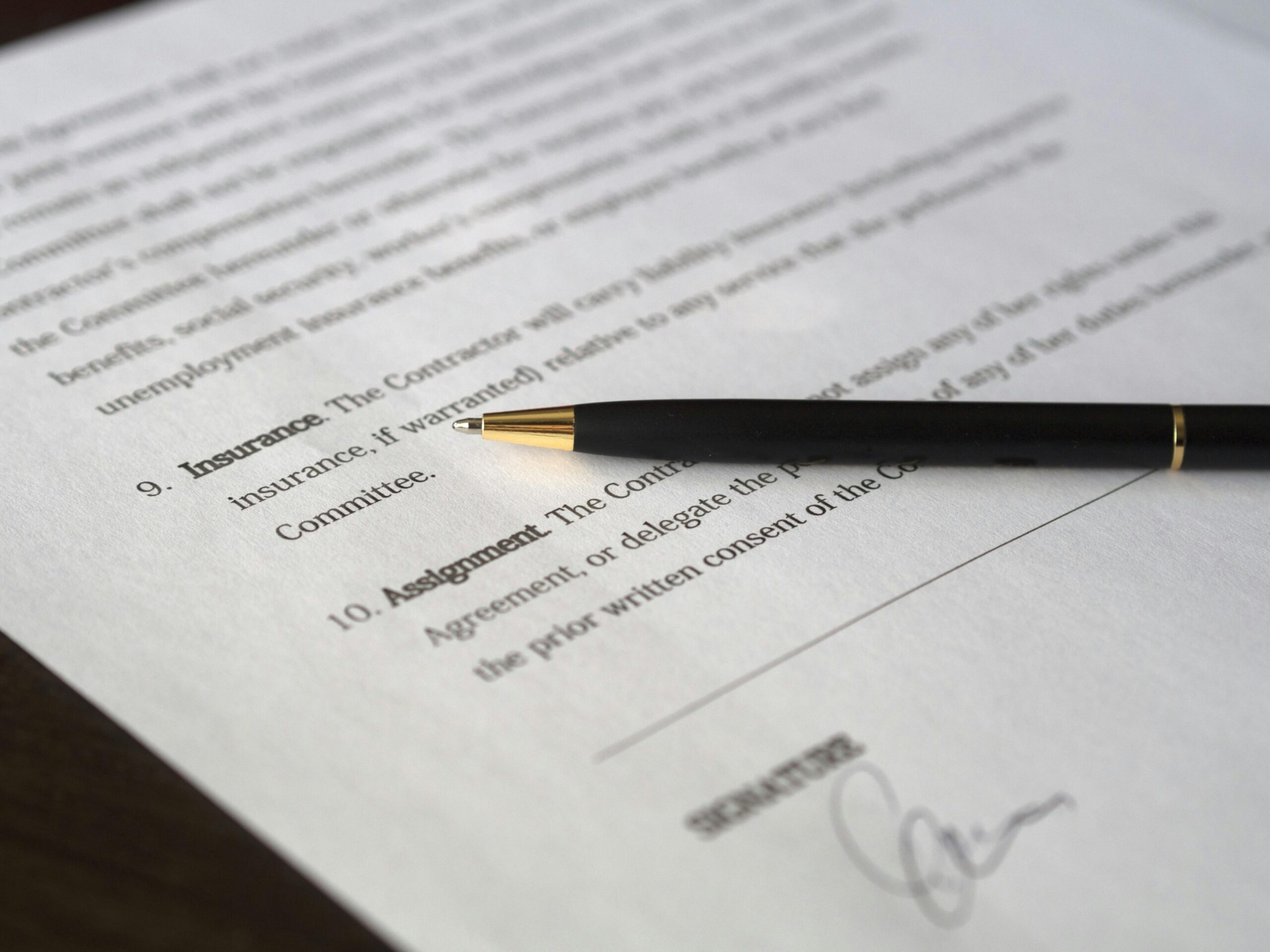
When someone causes you harm through an intentional act of violence, you may wonder, “Can you sue someone for battery?” Understanding your rights and the legal processes involved can help you make informed decisions and seek justice. In this article, we will cover everything there is to know about Battery and the legal options you have. Let’s look at what constitutes battery, the differences between civil and criminal cases, and how you can pursue a civil lawsuit for battery in Nevada.
What is Battery?
Battery is an intentional tort that involves harmful or offensive physical contact with another person without their consent. Unlike assault, which involves the threat or attempt of physical harm, battery requires actual physical contact. The key elements of battery include:
- Intent: The defendant intended to cause harm or offensive contact.
- Contact: There was actual physical contact with the victim.
- Harm: The contact caused bodily harm or was offensive.
These elements might seem very complicated when put together, but assessing them individually can help make the process much easier.
Types of Criminal Battery
Battery can be categorized into different types, each with varying degrees of severity. This degree and severity also contributes to the punishment, compensation or legal action the party at fault may have. Following are most common types of battery incidents that might arise:
- Simple Battery: This involves minor physical contact or harm, such as a slap or shove.
- Aggravated Battery: This involves more severe harm or the use of a deadly weapon. Aggravated battery often results in substantial bodily harm or serious injury.
- Sexual Battery: This involves non-consensual sexual contact.
- Domestic Battery: This involves battery against a family member or household member.
Nevada Assault and Battery Laws
Nevada law distinguishes between civil and criminal battery. In a criminal case, the state prosecutes the defendant, and if found guilty, the defendant faces criminal charges, penalties, and potentially jail time. In contrast, a civil case is brought by the victim seeking financial compensation for their injuries.
Under Nevada law, battery is defined as any willful and unlawful use of force or violence upon another person. Depending on the circumstances, the penalties for battery can range from misdemeanor charges to serious felony charges, especially if the battery involved a deadly weapon or resulted in substantial bodily harm.
Proving Your Battery Case
To succeed in a civil lawsuit for battery, you must prove the following elements:
- Intentional Act: The defendant acted intentionally to cause harm or offensive contact.
- Harmful or Offensive Contact: The contact was harmful or offensive to a reasonable person.
- Causation: The defendant’s actions directly caused your injuries.
- Damages: You suffered actual damages, such as medical bills, lost wages, or emotional distress.
Can You Sue Someone for Battery?
Yes, you can sue someone for battery. As a victim of battery, you have the right to pursue a civil lawsuit against the person who harmed you. This allows you to seek financial compensation for your injuries and other losses.
When Can You Sue Someone for Battery?
You can sue someone for battery if you have suffered harm due to their intentional actions. Common scenarios include:
- Physical Altercations: If someone physically attacks you, causing bodily harm.
- Domestic Violence: If a family member or partner commits battery against you.
- Workplace Incidents: If a coworker or supervisor assaults you at work.
- Public Incidents: If a stranger assaults you in a public place.
How Can You Sue Someone for Battery?
Suing someone for battery involves several steps:
- Consult an Experienced Personal Injury Lawyer: An attorney can help you understand your rights, evaluate your case, and guide you through the legal process.
- Gather Evidence: Collect evidence such as medical records, police reports, witness statements, and any other documentation that supports your claim.
- File a Complaint: Your attorney will file a complaint in civil court, outlining your allegations and the damages you seek.
- Serve the Defendant: The defendant must be formally notified of the lawsuit.
- Pre-Trial Proceedings: This includes discovery, where both parties exchange evidence, and potential settlement negotiations.
- Trial: If the case goes to trial, both sides will present their evidence and arguments, and a judge or jury will determine the outcome.
Compensation for Assault and Battery Civil Claims
In a successful battery lawsuit, you may be entitled to various forms of compensation, including:
- Medical Bills: Reimbursement for medical expenses related to your injuries.
- Lost Wages: Compensation for income lost due to your inability to work.
- Pain and Suffering: Damages for physical pain and emotional distress caused by the battery.
- Emotional Trauma: Compensation for psychological harm and emotional distress.
- Punitive Damages: In cases of particularly egregious conduct, you may be awarded punitive damages to punish the defendant and deter future misconduct.
- Non-Economic Damages: Compensation for intangible losses such as loss of enjoyment of life.
How Long Do You Have to Sue?
In Nevada, the statute of limitations for filing a battery lawsuit is generally two years from the date of the incident. However, there are exceptions, so it is crucial to consult with an attorney promptly to ensure you do not miss the deadline.
Battery Penalties
The penalties for battery depend on the severity of the incident and whether it is prosecuted as a misdemeanor or felony. Misdemeanor battery can result in:
- Fines: Monetary penalties.
- Jail Time: Up to six months in county jail.
- Community Service: Required community service hours.
Felony battery, particularly aggravated battery, carries more severe penalties, including:
- Longer Prison Sentences: Substantial time in state prison.
- Higher Fines: Significant financial penalties.
- Criminal Record: A felony conviction can have long-term consequences, affecting employment and other aspects of life.
How an Attorney Can Help You in a Battery Case
When facing the aftermath of a battery, understanding the legalities can be daunting without expert guidance. Here’s how hiring an experienced personal injury attorney in Nevada can significantly enhance your ability to seek justice and obtain compensation.
- Legal Expertise and Guidance: Attorneys offer deep knowledge of Nevada’s assault and battery laws, clarifying your rights and recommending effective legal strategies tailored to your case.
- Case Evaluation and Strategy Development: They assess evidence like medical records and witness statements to craft a strategic plan, advising whether to pursue a civil lawsuit or collaborate on a criminal case.
- Negotiations and Settlements: Skilled negotiators, attorneys engage with opposing parties or insurers to secure fair compensation covering medical bills, lost wages, and other damages.
- Court Representation: In trials, attorneys present your case persuasively, handle procedural matters, cross-examine witnesses, and advocate for a favorable verdict on your behalf.
- Legal Documentation and Procedures: Attorneys manage paperwork, ensuring all documents are accurately drafted, filed on time, and compliant with court rules to avoid delays or dismissal.
- Advocacy for Maximum Compensation: They calculate and advocate for full compensation, including economic damages (like medical expenses) and non-economic damages (such as pain and suffering).
- Emotional Support and Guidance: Beyond legal advice, experienced personal injury lawyers provide emotional support, keeping you informed, answering questions, and managing expectations throughout the process.
- Access to Resources and Experts: Law firms leverage resources like expert witnesses to strengthen your case with specialized testimony on medical, psychological, or financial aspects.
- Protection of Your Rights: Attorneys prioritize protecting your rights, ensuring fair treatment throughout proceedings and advocating vigorously against opposing parties.

Seek Justice for Your Battery Case with BLG
If you are a victim of battery, understanding your legal options is crucial. Suing someone for battery allows you to seek justice and financial compensation for your injuries. Whether you have suffered from a physical altercation, domestic violence, or another form of battery, an experienced personal injury lawyer can guide assault and battery victims throughout the process and help them achieve the best possible outcome.
By taking legal action, you can hold the perpetrator accountable and recover damages for medical bills, lost wages, pain and suffering, and more. If you or a loved one has been harmed, do not hesitate to seek legal help and protect your rights.
Are you considering filing a lawsuit for battery in Nevada? Don’t navigate this complex legal process alone. At BLG, our experienced personal injury lawyers are here to help you understand your rights and fight for the compensation you deserve.
Contact us today for a free consultation.
FAQs
What damages are awarded for battery?
Damages awarded for battery can include compensatory damages for medical expenses, lost wages, pain and suffering, and emotional distress. In some assault and battery cases, punitive damages may also be awarded to punish the defendant and deter future misconduct.
What is the burden of proof for battery?
The burden of proof in a civil battery case is “preponderance of the evidence,” meaning the plaintiff must prove that it is more likely than not that the defendant committed the battery.
What makes you liable for battery?
You are liable for battery if you intentionally cause harmful or offensive contact with another person without their consent. This includes direct physical contact and actions that indirectly cause contact.
Can I claim for battery?
Yes, you can claim for battery if you have been intentionally subjected to harmful or offensive physical contact without your consent. You would need to file a lawsuit and prove that the battery occurred to recover damages.





